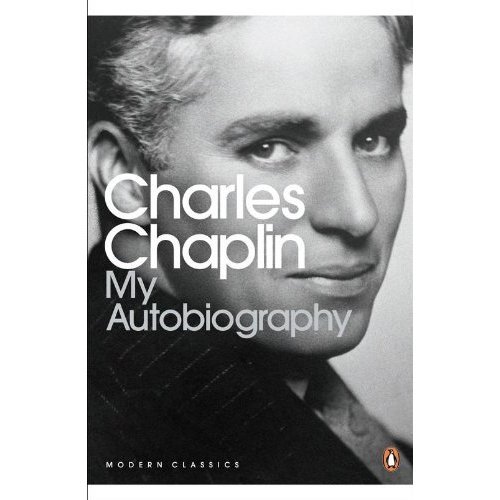
Silent film comedy’s most famous actor-director, Charlie Chaplin was born in London in 1889. In the early 1960s, having returned to Europe from a 40-year residency in America, he sat down to dictate his autobiography.
It is a fascinating read. Chaplin begins by detailing his impoverished London childhood and early stage experience through rose-tinted spectacles. Beautifully painted but highly romanticised, he described his home life, family troubles, and transitions in and out of workhouses and schools for the poor. With an alcoholic father and ailing mother (she was a singer until her voice gave out and she had no other skills to support the family); it was up to him and his brother, Sydney, to work and take care of themselves. While difficult to read at points, the first-hand recitations of his enthralling childhood are key to understanding the life challenges that put a stamp on his politics and disagreements later in his life.
Chaplin skims over his teen years, peppering in excerpts from his fledgeling love-life, young confusion, and loneliness. He also describes his first two trips to America, which made a clear impact upon him. In a time when New York was being built and travelling Vaudevillians made the rounds, he came to experience the America that we can now only imagine.
Moving on to his life in movies, he details some of his work habits and the people who influenced and worked for or against him in his early days. While he admits to being a perfectionist, much of his early years in cinema are glossed over. The book becomes a little dull during his late-20s and early-30s. Some parties and socialites are mentioned, and how interesting you will find this depends on your familiarity and interest in those involved. I particularly enjoyed his tales about Hearst, Einstein, Churchill, and Lady Astor, but your mileage may vary.
The final 100 pages or so are very much concerned with the coming of the sound era, politics, personal scandal, and the run up to the Second World War. The book becomes rather messy and a little confused at this point, as Chaplin obviously troubled at what to include and what to leave out. With frustration and negative feelings towards the US government and their treatment of him, Chaplin was still angered, but had chosen to leave the West behind.
While My Autobiography is not a masterpiece, it’s an excellent insight into one of the world’s most famous figures. His memories and escapades are described with humour and wit, making this an interesting read for all fans of Charlie Chaplin.